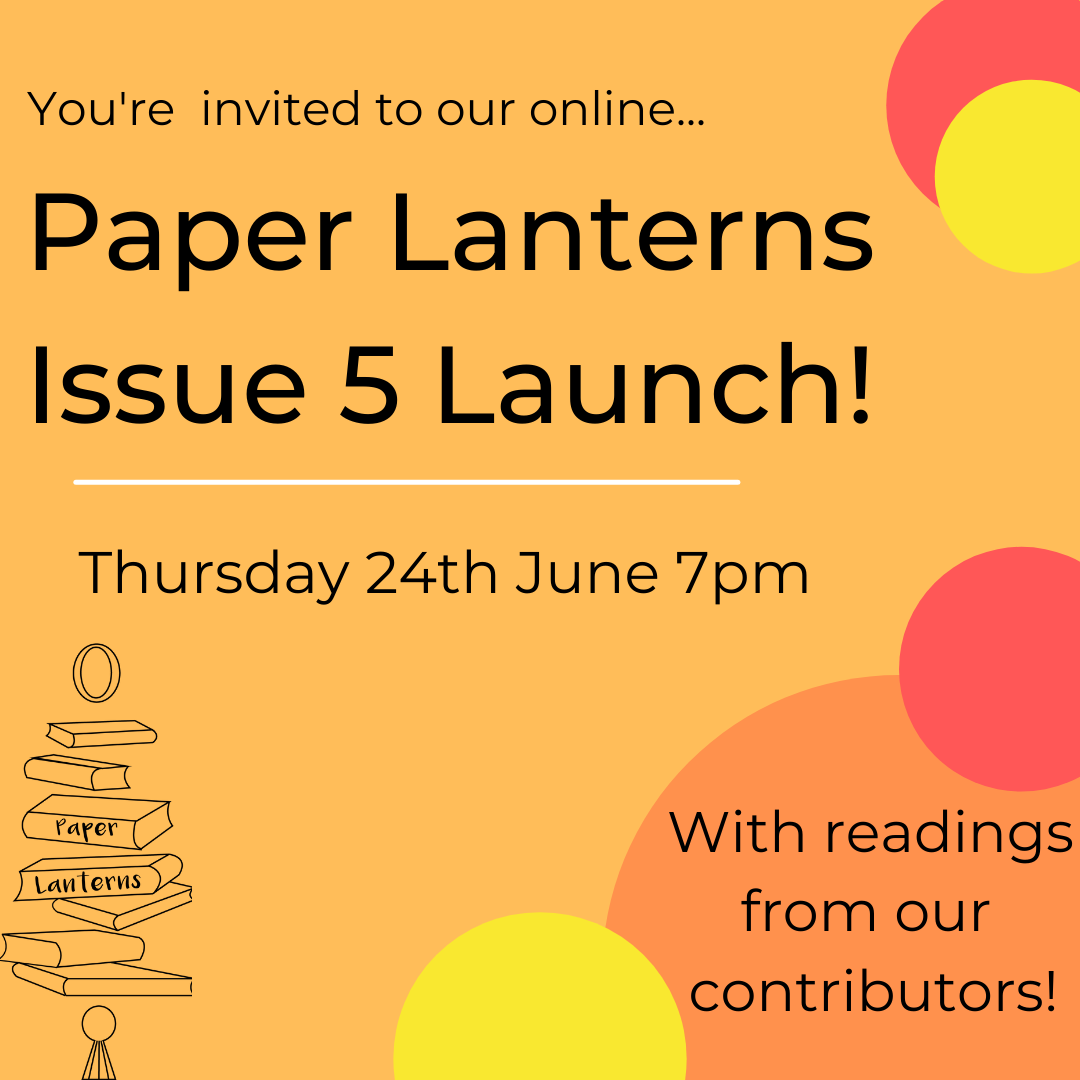
The Lake
Natasha Preston
Delacorte Press, 2021
Paperback, $10.99
ISBN 9780593124970
Esme and Kayla haven’t told anyone what happened at Camp Pine Lake all those years ago. But now that they’ve
returned as counsellors, it seems that somehow somebody knows — and they want everybody else to know too. The
Lake is a gripping read that isn’t afraid to get dark, not letting the protagonists off the hook for a second. Although some of the twists in the novel are too frequently telegraphed to be particularly surprising, the last fifty pages pack punch after punch and are worth the wait. Preston has a knack for knowing exactly what her characters
would watch and listen to. This helps the reader understand them, and helps distract from the dialogue that at times feels written rather than said. Set at a summer camp for eight- to ten-year-olds, Camp Pine Lake provides the perfect mix of a sunny home-away-from-home and a stifling settlement of strangers.
feels written rather than said. Set at a summer camp for eight- to ten-year-olds, Camp Pine Lake provides the perfect mix of a sunny home-away-from-home and a stifling settlement of strangers.
At times it becomes difficult to know who to root for as the specifics of the girls’ secrets are revealed layer by shocking layer. Again and again Preston asks the reader to interrogate the girls’ actions, whether their age or understanding of the situation absolves them of guilt, and these answers don’t come easily. The complexity of Esme and Kayla’s situation is compelling enough to recommend the book despite its flaws. This book is perfect for thriller fans.
Gillian Doyle

 There is a lot of story within this novella, with a number of threads and mysteries to unravel that on occasion detract from the pacing and the development of some of the character relationships. In terms of the supporting cast, Mya’s flatmate Lynne is vibrant and jumps off the page, and Mya’s sister Zhara is aloof and intriguing enough that I was excited whenever she reappeared. Throughout the book, Mya’s determination and need to survive ring true.
There is a lot of story within this novella, with a number of threads and mysteries to unravel that on occasion detract from the pacing and the development of some of the character relationships. In terms of the supporting cast, Mya’s flatmate Lynne is vibrant and jumps off the page, and Mya’s sister Zhara is aloof and intriguing enough that I was excited whenever she reappeared. Throughout the book, Mya’s determination and need to survive ring true.
 Consequently, the people on this small island speak English, French, and Mauritian Creole, and this blend of cultures and languages across a troubled history is bound to result in fertile ground for creativity. However, this multitude of languages is not always an advantage; Ananda Devi’s characters struggle to express themselves fully with all of these borrowed languages, phrases and multicultural influences. On several occasions they say that there is “no escape” from the limitations placed on them by their upbringing in their neighbourhood — apart from turning to violence and crime which further traps them in the cyclical “nasty history” of their country. They are constrained by the cultural memory of violence and slavery, and can barely imagine a life outside of this extistence. Only fiction and stories from other places provide a glimpse of a world where “possibilities shimmer”, just as this novel helps readers to understand the lives of these disenfranchised youths.
Consequently, the people on this small island speak English, French, and Mauritian Creole, and this blend of cultures and languages across a troubled history is bound to result in fertile ground for creativity. However, this multitude of languages is not always an advantage; Ananda Devi’s characters struggle to express themselves fully with all of these borrowed languages, phrases and multicultural influences. On several occasions they say that there is “no escape” from the limitations placed on them by their upbringing in their neighbourhood — apart from turning to violence and crime which further traps them in the cyclical “nasty history” of their country. They are constrained by the cultural memory of violence and slavery, and can barely imagine a life outside of this extistence. Only fiction and stories from other places provide a glimpse of a world where “possibilities shimmer”, just as this novel helps readers to understand the lives of these disenfranchised youths.













